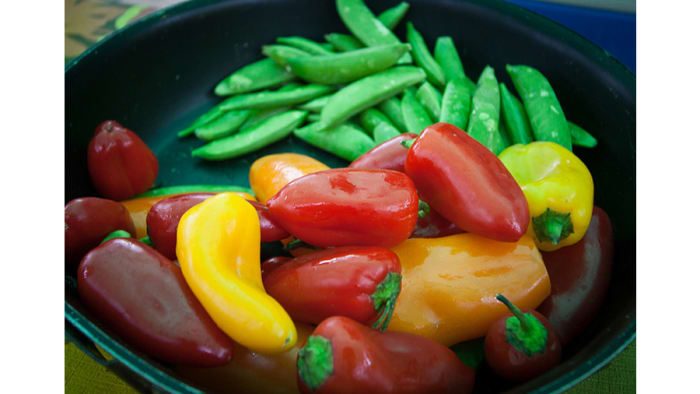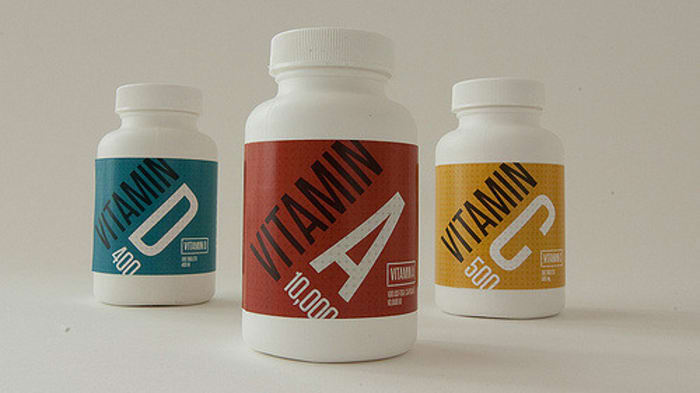Are frozen fruits and vegetables less nutritious than fresh ones?
Should we really give them up?
How many times have you heard people say that frozen products have no vitamins? Or that it makes no sense to eat them if you want to be healthy? At first glance, this seems logical. But if we look deeper, we’ll find that it’s not obvious at all. Should we really give up frozen fruits and vegetables then? It’s high time we found out.

Let’s have a look how fresh produce gets from a field to your home. When fruits and vegetables are picked, they are not in the peak state of their ripeness. Early harvested organic products are not as rich in vitamins as in their ripe state, because they have not had enough time to produce and store all nutrients. Unripe fruits are easier to keep intact on the long journey to the supermarket, as products are exposed to a great deal of heat and sunlight, which can damage them. The vitamins C, B6, B12, A, E and K are unstable, and can easily break down due to oxidation and sunlight.

Frozen = empty?
On the other hand, frozen vegetables are picked at their primary state of ripeness, when they have maximum nutritional value. After that, they are sterilized and frozen immediately. Sterilization is carried out by brief heating to kill bacteria. At this stage, some loss of vitamins such as C, B2, B12 is inevitable. However, fruits and vegetables maintain most of their nutritional value. In a frozen state they do not oxidize, so their nutrients cannot be damaged during lengthy transportation.
A small hint
To get the maximum vitamin value from frozen fruit or vegetables, you should heat them up in the microwave or steam them, rather than boiling them.

Expert opinion
In 1998, the Federal Drug Administration (FDA) published an official survey that found no difference in nutritional value between fresh and frozen products. Fresh produce loses its nutrients because of early picking and long shipping, while frozen food undergoes sterilization, which is destructive for some vitamins.
Regardless of what sort of produce you prefer, fresh or frozen, you need to eat fruit and vegetables every day to stay fit and healthy.
The following video shows how vitamins circulate in our bodies:
Source: Joy C Rickman, Diane M Barrett and Christine M Bruhn. Journal of the Science of Food and Agriculture, 2007, 87:930–944